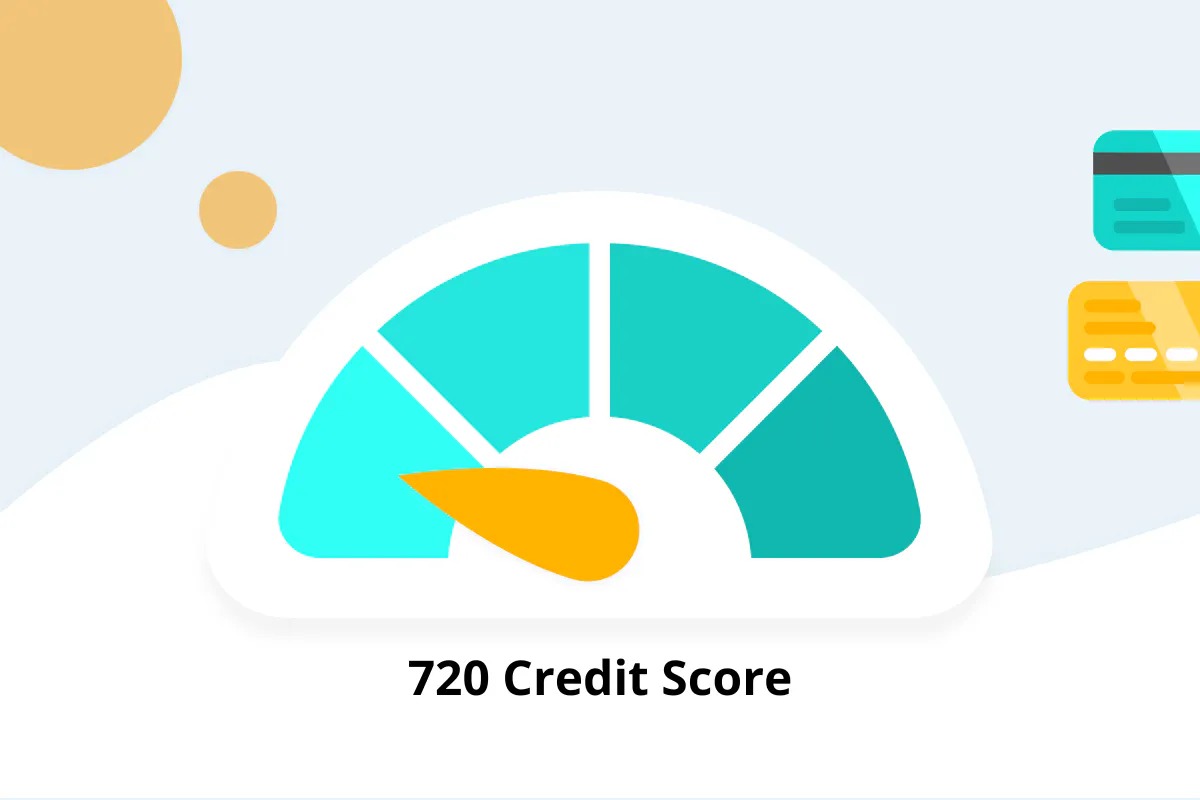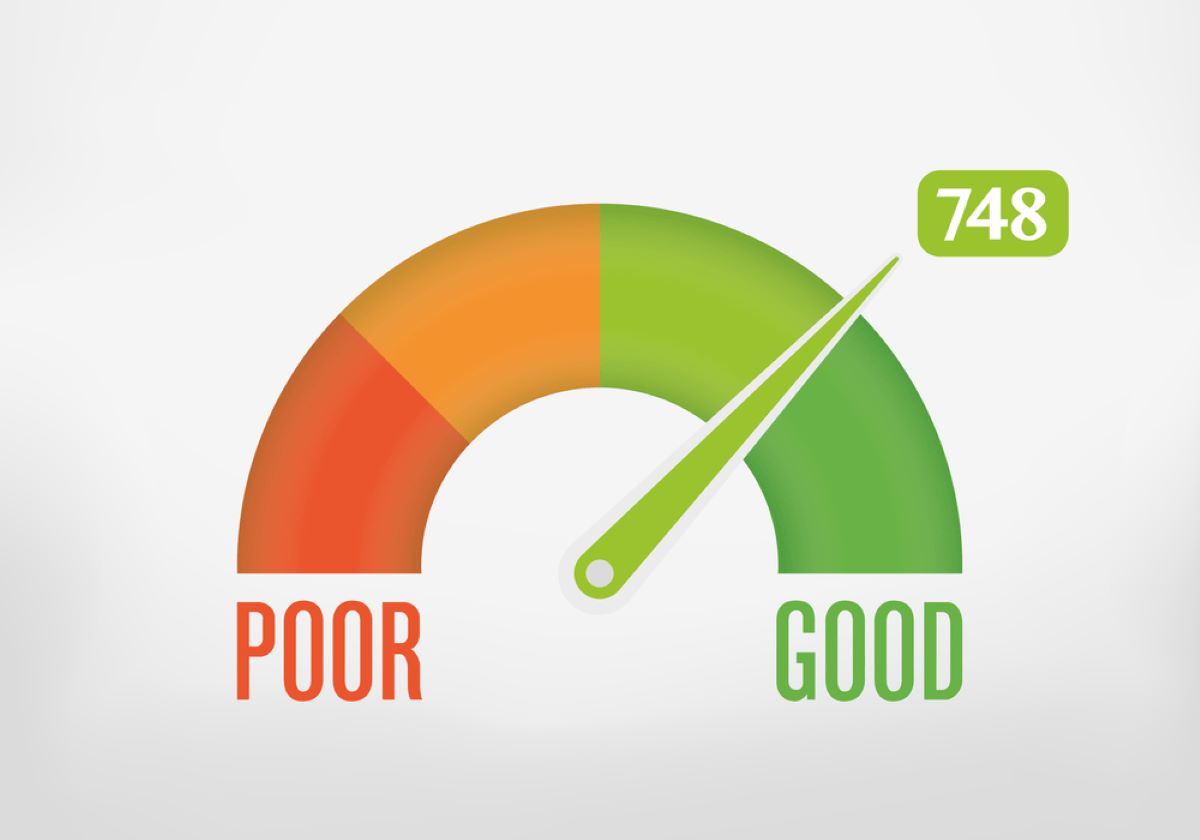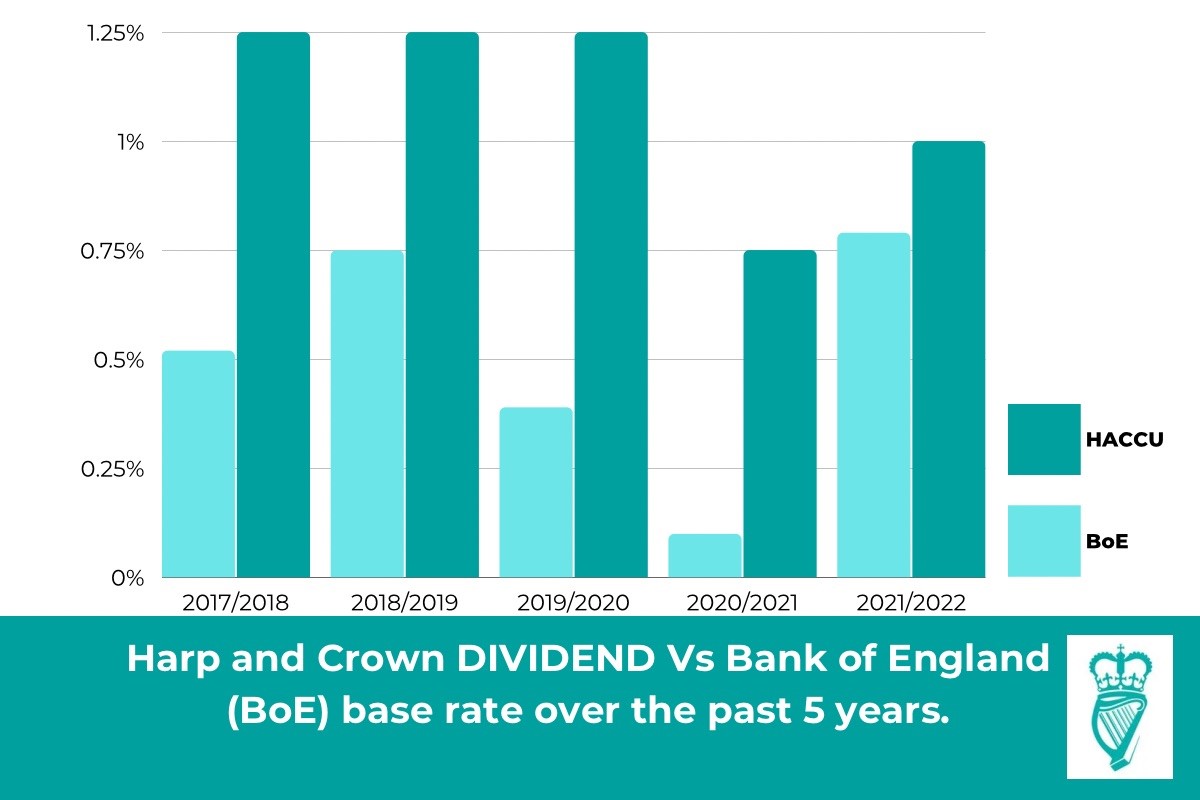

Finance
What Is A 720 Credit Score
Modified: March 10, 2024
Learn what a 720 credit score means and how it can impact your finance. Discover the benefits and eligibility criteria for achieving this desirable credit rating.
(Many of the links in this article redirect to a specific reviewed product. Your purchase of these products through affiliate links helps to generate commission for LiveWell, at no extra cost. Learn more)
Table of Contents
- Introduction
- Definition of a 720 Credit Score
- Why a 720 Credit Score is Important
- Factors That Affect a 720 Credit Score
- How to Achieve and Maintain a 720 Credit Score
- Benefits of Having a 720 Credit Score
- Common Misconceptions About a 720 Credit Score
- How a 720 Credit Score Compares to Other Credit Scores
- Conclusion
Introduction
A credit score is a numerical representation of an individual’s creditworthiness, providing lenders with an assessment of the likelihood of loan repayment. It plays a crucial role in various financial transactions, including applying for credit cards, loans, and mortgages. One specific credit score that holds significant importance is the 720 credit score.
A 720 credit score is considered to be in the “good” range and is generally seen as a favorable credit standing. It indicates that an individual has a solid credit history and is likely to maintain responsible financial behavior. Achieving and maintaining a 720 credit score offers numerous advantages, from better interest rates and loan terms to increased access to credit opportunities.
In this article, we will explore the meaning and significance of a 720 credit score, as well as the factors that contribute to its calculation. We will also discuss strategies to achieve and sustain this credit score, along with the common misconceptions surrounding it. Understanding the importance of a 720 credit score will help individuals make informed financial decisions and improve their overall creditworthiness.
Definition of a 720 Credit Score
A 720 credit score is a numerical measure of an individual’s creditworthiness, representing their level of financial responsibility and ability to repay debts. Credit scores typically range from 300 to 850, with higher scores indicating lower credit risk. A credit score of 720 falls into the “good” range, signaling a strong credit profile and a higher likelihood of obtaining credit at favorable terms.
Credit scores are determined by several factors, including payment history, credit utilization, length of credit history, types of credit accounts, and recent credit inquiries. Each of these factors is assigned a specific weightage in the calculation of credit scores. Lenders use credit scores to assess the risk of lending money to an individual and determine the interest rates and loan terms they are eligible for.
A 720 credit score demonstrates responsible credit management and a history of timely payments. It suggests that the individual has utilized credit wisely, keeping credit card balances low and making payments on time. Additionally, having a 720 credit score indicates that the individual has successfully managed various types of credit, such as credit cards, loans, and mortgages.
It is important to note that different credit bureaus may assign slightly different credit scores, as they use their own algorithms and scoring models. However, a 720 credit score is generally considered to be good across most credit scoring systems and is recognized as a strong credit standing.
Why a 720 Credit Score is Important
Achieving and maintaining a 720 credit score holds significant importance for individuals seeking financial stability and opportunities. Here are some key reasons why a 720 credit score is important:
- Access to Credit: A 720 credit score opens the doors to a wide range of credit opportunities. Lenders view individuals with a 720 credit score as low-risk borrowers, making it easier for them to secure loans, credit cards, and mortgages. Having access to credit allows individuals to make major purchases, start businesses, or handle unexpected financial emergencies.
- Favorable Interest Rates: With a 720 credit score, individuals are more likely to qualify for loans and credit cards with favorable interest rates. Lenders reward borrowers with good credit scores by offering lower interest rates, resulting in reduced borrowing costs over time. This can save individuals a significant amount of money, especially when it comes to long-term loans like mortgages.
- Better Loan Terms: Alongside favorable interest rates, individuals with a 720 credit score can negotiate better loan terms. This could include longer repayment periods, reduced fees, or other favorable conditions. By having a strong credit score, individuals have the leverage to secure more advantageous loan terms, leading to more affordable and manageable debt.
- Rental and Housing Opportunities: Landlords and property management companies often check credit scores when reviewing rental applications. A 720 credit score demonstrates financial responsibility, making prospective tenants more desirable. Additionally, when purchasing a home, a 720 credit score enhances the chances of qualifying for a mortgage and securing a desirable home at a competitive interest rate.
- Employment and Insurance: In some industries, employers and insurance companies may review a person’s credit score as part of the hiring or insurance application process. A 720 credit score portrays financial responsibility and reliability, potentially impacting employment offers or insurance rates. Maintaining a strong credit score can enhance prospects in these areas and provide individuals with better opportunities.
It is important to remember that a 720 credit score is not just a number on a credit report. It represents an individual’s financial reputation and ability to manage credit responsibly. By maintaining a good credit score, individuals can open up a world of financial possibilities and enjoy a more secure and fulfilling financial future.
Factors That Affect a 720 Credit Score
A 720 credit score is influenced by several key factors that reflect an individual’s creditworthiness. Understanding these factors can help individuals make informed decisions to improve their credit score. Here are the main factors that affect a 720 credit score:
- Payment History: Your payment history has the most significant impact on your credit score. Making timely payments on all your credit accounts, including credit cards, loans, and mortgages, is crucial. Delinquent or missed payments can have a negative impact on your credit score, so it’s important to prioritize paying your bills on time.
- Credit Utilization: Credit utilization refers to the amount of credit you are using compared to your total credit limit. It is recommended to keep your credit utilization below 30% of your available credit to maintain a good credit score. For example, if your total credit limit is $10,000, you should aim to keep your credit card balances below $3,000 to avoid negatively impacting your credit score.
- Length of Credit History: The length of your credit history plays a role in your credit score. Establishing a long credit history can demonstrate stability and responsible credit management. It is beneficial to keep older credit accounts open, even if they are not actively used, as they contribute positively to your credit history.
- Types of Credit: Having a diverse mix of credit accounts can positively impact your credit score. This includes a combination of credit cards, installment loans (such as car loans), and mortgages. Lenders like to see that you can manage different types of credit responsibly, showcasing your financial versatility.
- New Credit Inquiries: Each time you apply for new credit, it triggers a hard inquiry on your credit report. While it’s normal to have a few inquiries when seeking new credit, too many inquiries within a short period can negatively impact your credit score. Ideally, it’s best to limit credit inquiries and only apply for credit when necessary.
By focusing on these factors, individuals can take proactive steps to improve their credit score. Consistently making on-time payments, keeping credit card balances low, maintaining a mix of credit accounts, and being mindful of new credit inquiries are essential practices for maintaining a healthy credit profile and achieving a 720 credit score.
How to Achieve and Maintain a 720 Credit Score
While achieving and maintaining a 720 credit score requires time and discipline, it is a goal that can be attained with the right strategies. Here are some steps you can take to improve and sustain a 720 credit score:
- Pay Bills on Time: Consistently making on-time payments is crucial for building a positive credit history. Set up automatic payments or use reminders to ensure you never miss a payment. Late payments can significantly impact your credit score, so make it a priority to pay bills promptly.
- Manage Credit Utilization: Keep your credit card balances low and strive to utilize no more than 30% of your available credit. High credit utilization can negatively affect your credit score. Paying off balances in full each month is ideal, but if that’s not possible, try to keep your balances as low as possible.
- Maintain a Diverse Credit Mix: Having a mix of different types of credit can positively impact your credit score. If you don’t have multiple types of credit accounts, consider opening a credit card or taking out a small personal loan to diversify your credit mix. Just remember to use credit responsibly and make all payments on time.
- Monitor Your Credit Report: Regularly review your credit report to check for any errors or discrepancies that could negatively impact your credit score. If you find any inaccuracies, report them to the credit bureau and have them corrected, as these errors can affect your creditworthiness.
- Avoid Opening Too Many New Accounts: While it’s important to have a diverse credit mix, avoid opening multiple new credit accounts within a short period. Each new credit application can lead to a hard inquiry, which may temporarily lower your credit score. Be selective and only apply for new credit when necessary.
- Build a Long Credit History: Your credit history plays a significant role in your credit score. To build a long credit history, keep older accounts open, even if they have zero balances. Closing old accounts can shorten your credit history and potentially lower your credit score.
- Be Patient and Persistent: Building and maintaining a good credit score takes time and consistent effort. It’s important to be patient and persistent in your credit management habits. Stay on top of your financial responsibilities and practice responsible credit behavior over the long term.
Keep in mind that achieving a 720 credit score is not an overnight process. It takes time to establish a solid credit history and build a positive credit profile. By following these steps and maintaining good credit habits, you can work towards achieving and maintaining a 720 credit score, opening up numerous financial opportunities and benefits.
Benefits of Having a 720 Credit Score
Holding a 720 credit score comes with numerous advantages that can positively impact your financial well-being. Here are some key benefits of having a 720 credit score:
- Favorable Interest Rates: One of the significant benefits of a 720 credit score is access to favorable interest rates. Lenders view individuals with good credit scores as low-risk borrowers and offer them lower interest rates on loans and credit cards. This means you can save a significant amount of money in interest payments over the life of a loan.
- Improved Loan Terms: Along with favorable interest rates, having a 720 credit score can open doors to better loan terms. Lenders may offer longer repayment periods, lower fees, or more flexible conditions. This allows you to secure loans with more favorable terms, making them more affordable and manageable.
- Access to Credit Cards and Loans: A 720 credit score signals financial responsibility and reliability to lenders. This makes it easier to obtain credit cards and loans. You’ll have access to a broader range of options, allowing you to choose the best terms and rewards for your financial needs.
- Higher Credit Limits: With a 720 credit score, you’re more likely to be approved for credit limit increases on your existing credit cards. Higher credit limits provide you with increased purchasing power and flexibility in managing your finances. However, it’s important to use increased credit limits responsibly and avoid overspending.
- Increased Rental and Housing Opportunities: Many landlords and property management companies consider credit scores when reviewing rental applications. With a 720 credit score, you stand a better chance of being approved for your desired rental property. Additionally, when it comes to purchasing a home, a 720 credit score puts you in a favorable position to qualify for a mortgage and secure better interest rates and loan terms.
- Potential Employment and Insurance Benefits: Some employers and insurance companies may check credit scores as part of the hiring process or when determining insurance rates. A 720 credit score reflects financial responsibility and reliability, which can influence employment offers and lower insurance premiums. Maintaining a good credit score can enhance your prospects in these areas.
Having a 720 credit score is a strong indicator of your creditworthiness and financial stability. It provides you with opportunities to save money, access credit, and secure better terms on loans and credit cards. By actively managing your credit and maintaining a good credit score, you can enjoy the many benefits that come with a healthy financial reputation.
Common Misconceptions About a 720 Credit Score
While a 720 credit score is generally considered to be a good credit standing, there are several misconceptions surrounding it. It’s important to dispel these myths to have a clear understanding of what a 720 credit score entails. Here are some common misconceptions:
- A 720 Credit Score Guarantees Approval: While a 720 credit score is a positive indicator of creditworthiness, it does not guarantee automatic approval for all credit applications. Lenders consider additional factors such as income, employment history, and debt-to-income ratio. While a good credit score increases your chances of approval, it doesn’t guarantee it.
- Higher is Always Better: While it is true that a higher credit score is generally beneficial, there may be diminishing returns beyond a certain point. Once your credit score reaches the “good” range, such as 720, additional point increases may not have a significant impact on loan terms or interest rates. It’s important to maintain a good credit score and focus on overall financial health.
- Having No Debt Means a High Credit Score: While managing debt responsibly is crucial for a good credit score, having no debt doesn’t automatically result in a high credit score. Credit scores are based on various factors, including payment history and credit utilization. It’s important to establish a positive credit history and demonstrate responsible credit usage, even if you choose not to carry substantial debt.
- Closing Credit Accounts Improves Credit Score: Closing old credit accounts can actually have a negative impact on your credit score. Your credit history length plays a role in determining your creditworthiness. Closing an old account shortens your credit history and may lower your average account age, potentially lowering your score. It’s generally advisable to keep older accounts open, even if they’re not frequently used.
- Negative Information Disappears After Reaching 720: It’s a common misconception that negative information, such as late payments or collections, automatically disappears from your credit report once you achieve a 720 credit score. In reality, negative information can stay on your credit report for several years, depending on the type of delinquency. It’s important to address and resolve any negative marks on your credit report to maintain a good credit score.
Understanding these misconceptions is crucial for a realistic view of credit scores. While a 720 credit score is undoubtedly a positive achievement, it’s important to focus on overall financial health, responsible credit usage, and maintaining good credit habits to enjoy long-term financial stability.
How a 720 Credit Score Compares to Other Credit Scores
A 720 credit score falls within the “good” range on most credit scoring models and is considered a favorable credit standing. Understanding how a 720 credit score compares to other credit scores can provide valuable insights into one’s creditworthiness. Here is a breakdown of different credit score ranges:
- Poor Credit (300-579): A credit score below 580 is generally considered poor. Individuals in this range may have difficulty obtaining credit and may be subject to higher interest rates and less favorable loan terms. It’s important to focus on credit rehabilitation strategies to improve one’s credit standing.
- Fair Credit (580-669): A credit score in the 580-669 range is considered fair. While individuals in this range have more credit options than those with poor credit, they may still face challenges in securing favorable loan terms. It’s advisable to work on rebuilding credit by making timely payments and managing credit utilization.
- Good Credit (670-739): A credit score of 670-739 is considered good. With a good credit score, individuals have a higher likelihood of being approved for credit and can enjoy better interest rates and loan terms. However, there may still be room for improvement to achieve an excellent credit score.
- Very Good Credit (740-799): A credit score of 740-799 is classified as very good. Individuals with a very good credit score are seen as low-risk borrowers and have access to even better loan terms and lower interest rates. They are likely to be approved for credit with ease and have a wide range of credit options.
- Excellent Credit (800-850): An excellent credit score falls within the 800-850 range. Individuals with an excellent credit score are highly desirable to lenders and may qualify for the most competitive interest rates and loan terms. They have a proven track record of responsible credit management.
While a 720 credit score is considered good, aiming to achieve an excellent credit score may provide additional benefits and opportunities. By focusing on responsible credit management, maintaining a low credit utilization, and consistently making on-time payments, individuals can gradually improve their credit score and move towards the higher end of the credit score range.
Conclusion
Achieving and maintaining a 720 credit score is a significant accomplishment that opens numerous financial doors and benefits. It represents a good credit standing and indicates responsible credit management. With a 720 credit score, individuals can enjoy favorable interest rates, improved loan terms, and increased access to credit opportunities.
Factors such as payment history, credit utilization, length of credit history, types of credit, and new credit inquiries all contribute to the calculation of a 720 credit score. By focusing on these factors and practicing good credit habits, individuals can improve and sustain their credit scores.
However, it’s important to be aware of common misconceptions surrounding a 720 credit score. While it is a positive credit standing, it does not guarantee approval for all credit applications, and other factors like income and employment history are also considered by lenders. Additionally, maintaining a clean credit report and being mindful of credit utilization are essential even with a 720 credit score.
Understanding how a 720 credit score compares to other credit scores provides context for individuals to assess their creditworthiness. While a 720 credit score is considered good, striving for an excellent credit score allows individuals to enjoy even better terms and benefits.
In conclusion, attaining a 720 credit score requires effort, discipline, and responsible financial management. By consistently paying bills on time, managing credit utilization, maintaining a diverse credit mix, and monitoring credit reports for accuracy, individuals can improve their credit scores and unlock a world of financial opportunities.














